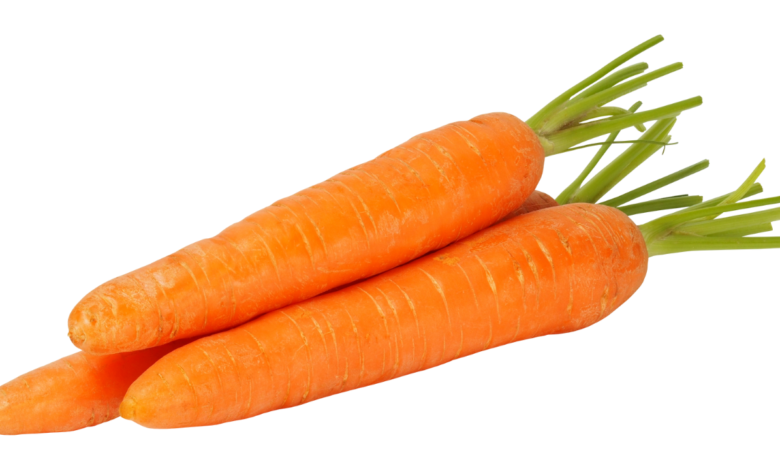
What is the role of Carrots in HIV
Carrots are a versatile root vegetable packed with essential nutrients that can support the health of individuals living with HIV. They are rich in antioxidants and vitamins that can help boost the immune system, reduce inflammation, and improve overall well-being.
Which nutrients in Carrots will be helpful for HIV patients
· Vitamin A: Essential for maintaining healthy vision, skin, and immune function. It acts as an antioxidant and helps protect cells from damage.
· Beta-Carotene: A powerful antioxidant that the body converts into vitamin A.
· Fiber: Dietary fiber promotes digestive health and helps regulate blood sugar levels.
· Potassium: Helps maintain healthy blood pressure and nerve function.
How much to consume Carrots in one time
The optimal amount of carrot consumption can vary depending on individual needs and overall dietary intake. However, incorporating a serving or two of carrots into your daily diet is generally recommended.
What is the daily requirement of Carrots
The daily requirement for carrots can vary based on individual factors. However, aiming for at least one serving per day can provide a good amount of essential nutrients.
What are the benefits of Carrots for hiv patients
· Immune System Support: The vitamin A and antioxidants in carrots help strengthen the immune system, making it better equipped to fight off infections.
· Antioxidant Protection: The antioxidants in carrots help neutralize harmful free radicals, reducing oxidative stress and protecting cells from damage.
· Improved Vision: The vitamin A in carrots is essential for maintaining good vision, especially in low-light conditions.
· Digestive Health: The fiber content in carrots promotes healthy digestion and helps prevent constipation.
· Reduced Inflammation: Some studies suggest that the antioxidants in carrots may help reduce inflammation, which can be beneficial for individuals with HIV.
What are the side-effects of Carrots in hiv if any
While carrots are generally safe for most people, excessive consumption may lead to:
- Carotenemia: Consuming very large amounts of carrots can cause a harmless condition called carotenemia, which can turn the skin slightly orange. This condition is usually temporary and resolves once carrot intake is reduced.
What is the best time to consume Carrots Carrots can be enjoyed at any time of the day. They can be eaten raw, cooked, or juiced





